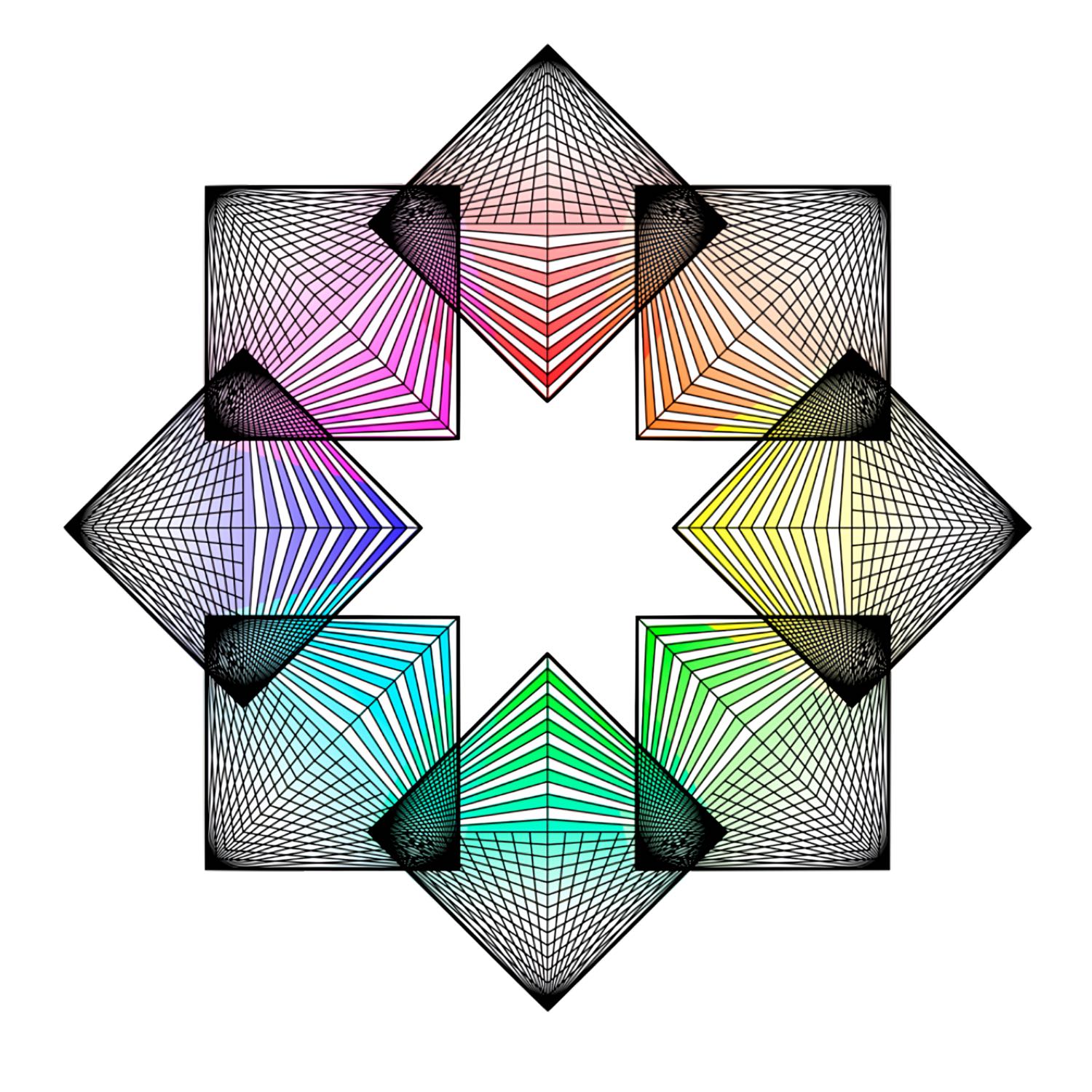Mathematics as the Study of Patterns of Qualia: From Psychotic Platonism to Enlightened Fictionalism
In this episode, we discuss the nature of mathematical cognition, and how it differs from sacred geometry meditation. We argue that mathematical cognition involves the use of special kind of conscious state, where you partition your mind with a self-other divide, and then manipulate patterns of attention and awareness in order to find transitive equivalences in a network of invariants. This process of reification requires us to believe in the existence of abstract objects in order to participate in the story. We observe that the difference between mathematical cognition and sacred geometrical meditation is perhaps more subtle than it seems, and that the objects of meditation can break the self-other divide and cause "nondual states of mind". Ultimately, we conclude that computation is akin to the "sequel of mathematics", where the arrow of time is introduced, and that trying to bootstrap reality from computation might be akin to trying to get an explanation for world politics from "The Lord of the Rings: The Two Towers".

